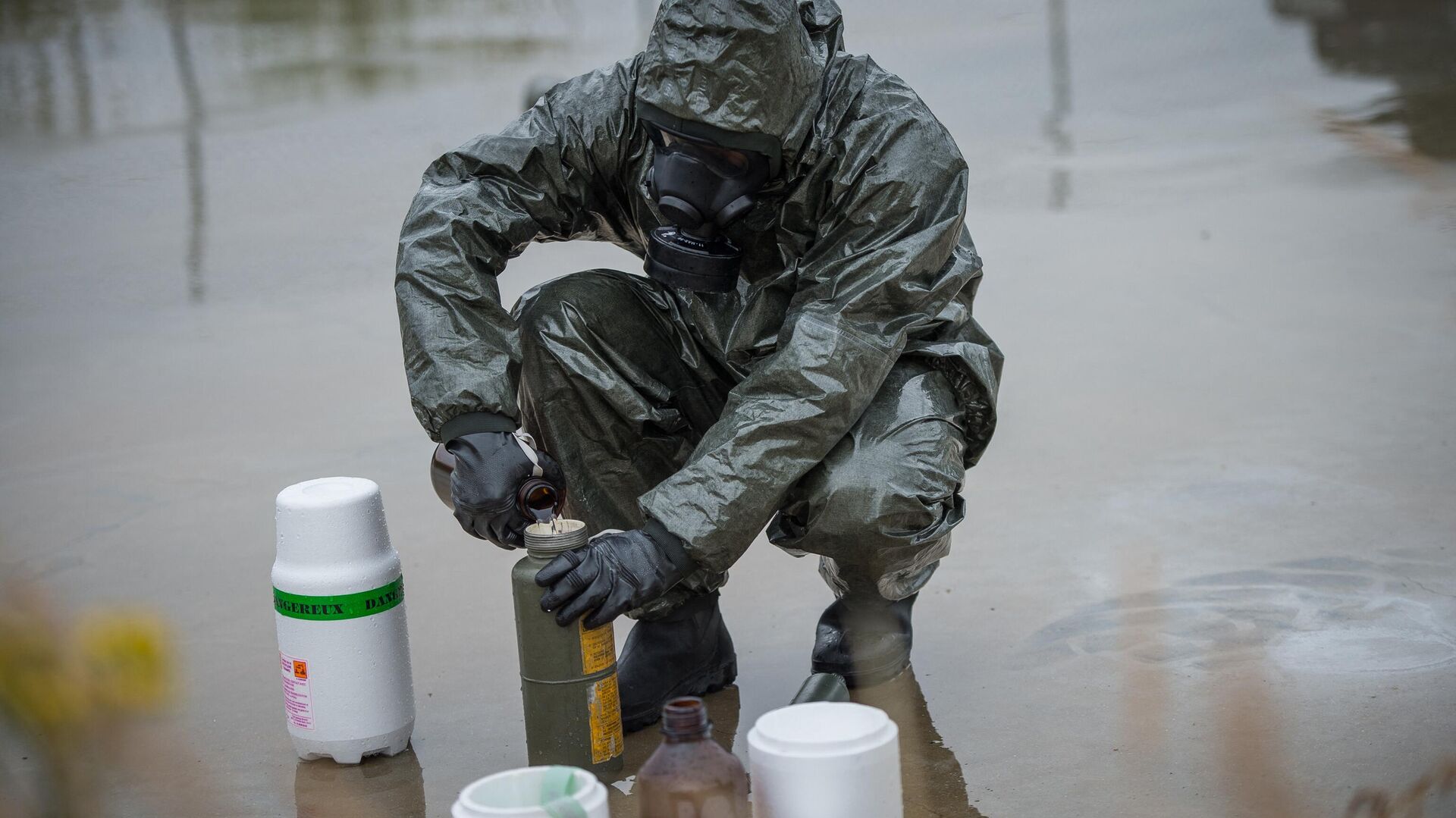https://en.sputniknews.africa/20231112/french-nuclear-tests-in-algeria-european-court-of-human-rights-rejects-compensation-claims--1063491779.html
French Nuclear Tests in Algeria: European Court of Human Rights Rejects Compensation Claims
French Nuclear Tests in Algeria: European Court of Human Rights Rejects Compensation Claims
Sputnik Africa
Between 1960 and 1966, France conducted nuclear tests in Algeria. As a result of these tests, hundreds of thousands of people living near the sites suffered... 12.11.2023, Sputnik Africa
2023-11-12T13:05+0100
2023-11-12T13:05+0100
2023-11-12T13:05+0100
algeria
france
europe
west
international
nuclear weapons
north africa
https://cdn1.img.sputniknews.africa/img/07e7/0b/0c/1063493208_0:160:3076:1890_1920x0_80_0_0_af7e29f3a8f8bda5b630f61e19b0a55a.jpg
The European Court of Human Rights, also known as the Strasbourg court, has rejected as time-barred the compensation claims of relatives of people who died as a result of the nuclear tests carried out by France in the Algerian Sahara and in Polynesia. However, the families plan to continue their fight, according to the plaintiffs' lawyer.They hoped to be compensated for damages caused by the death of their loved ones after exposure to ionizing radiation. On November 10, the Strasbourg administrative court dismissed claims for compensation in proceedings brought by three widows and their children. The decision was justified by the statute of limitations.The court highlighted the fact that the 2010 Morin law regulating compensation for illnesses related to nuclear testing does not include relatives of victims, because common law rules on liability must apply with a limitation after four years.The court estimated that at least four years have passed between this first request and the new one, which is why it issues a ruling of prescription.Harmful Effects PersistAlgeria is still facing the harmful effects of the French tests on its territory between 1960 and 1966. As a result of these tests, hundreds of thousands of people living near the sites suffered from cancer and congenital malformations caused by radiation, according to local human rights groups.Ammar Mansouri, an Algerian nuclear engineering researcher who worked on the French military nuclear program, told Sputnik about the danger of the nuclear tests and their consequences in the sub-Saharan region, North Africa and even Southern Europe.
https://en.sputniknews.africa/20230625/anthem-scandal-algerian-senate-president-accuses-paris-of-extermination-colonialism-1060151006.html
algeria
france
europe
west
north africa
Sputnik Africa
feedback@sputniknews.com
+74956456601
MIA „Rossiya Segodnya“
2023
Samantha Arias
https://cdn1.img.sputniknews.africa/img/07e7/0a/18/1063050346_115:0:834:719_100x100_80_0_0_1682778780537fd5aa8dd2536a012c1b.jpg
Samantha Arias
https://cdn1.img.sputniknews.africa/img/07e7/0a/18/1063050346_115:0:834:719_100x100_80_0_0_1682778780537fd5aa8dd2536a012c1b.jpg
News
en_EN
Sputnik Africa
feedback@sputniknews.com
+74956456601
MIA „Rossiya Segodnya“
Sputnik Africa
feedback@sputniknews.com
+74956456601
MIA „Rossiya Segodnya“
Samantha Arias
https://cdn1.img.sputniknews.africa/img/07e7/0a/18/1063050346_115:0:834:719_100x100_80_0_0_1682778780537fd5aa8dd2536a012c1b.jpg
algeria, france, europe, west, international, nuclear weapons, north africa
algeria, france, europe, west, international, nuclear weapons, north africa
French Nuclear Tests in Algeria: European Court of Human Rights Rejects Compensation Claims
Samantha Arias
Producer / Podcast host
Between 1960 and 1966, France conducted nuclear tests in Algeria. As a result of these tests, hundreds of thousands of people living near the sites suffered from radiation-induced cancer and birth defects, according to local human rights groups.
The European Court of Human Rights, also known as the Strasbourg court, has rejected as time-barred the compensation claims of relatives of people who died as a result of the nuclear tests carried out by France in the Algerian Sahara and in Polynesia. However, the families plan to continue their fight, according to the plaintiffs' lawyer.
They hoped to be compensated for damages caused by the death of their loved ones after exposure to ionizing radiation.
On November 10, the Strasbourg administrative court dismissed claims for compensation in proceedings brought by three widows and their children. The decision was justified by the statute of limitations.
The court highlighted the fact that the 2010 Morin law regulating compensation for illnesses related to nuclear testing does not include relatives of victims, because common law rules on liability must apply with a limitation after four years.
The court estimated that at least four years have passed between this first request and the new one, which is why it issues a ruling of prescription.
"This is an incomprehensible decision for the families. For us, the starting point of the statute of limitations is the moment when these families finally obtained the offer of compensation as heirs, and thus the recognition of their loved ones as radiation victims", reacted the plaintiffs' lawyer, Cecile Labrunie.
Algeria is still facing the harmful effects of the French tests on its territory between 1960 and 1966. As a result of these tests, hundreds of thousands of people living near the sites suffered from cancer and congenital malformations caused by radiation, according to local human rights groups.
Ammar Mansouri, an Algerian nuclear engineering researcher who worked on the French military nuclear program, told
Sputnik about the
danger of the nuclear tests and their consequences in the sub-Saharan region, North Africa and even Southern Europe.
"Significant quantities of plutonium, whose half-life is 24,400 years, have been dispersed over thousands of hectares." "Sand winds can transport radioactive waste particles throughout sub-Saharan Africa and even to northern Africa and Southern Europe."



